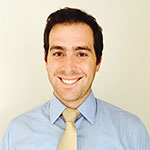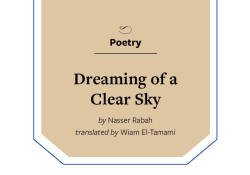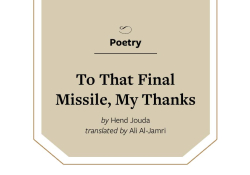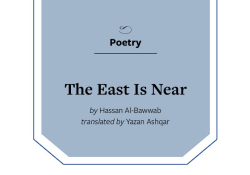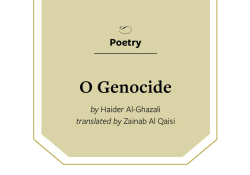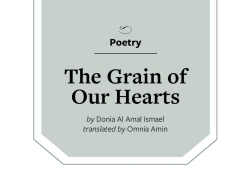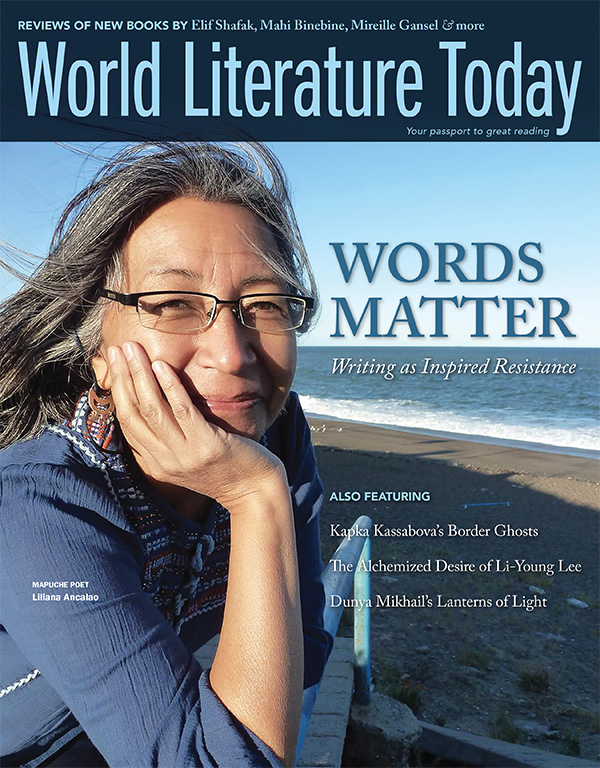Nausis
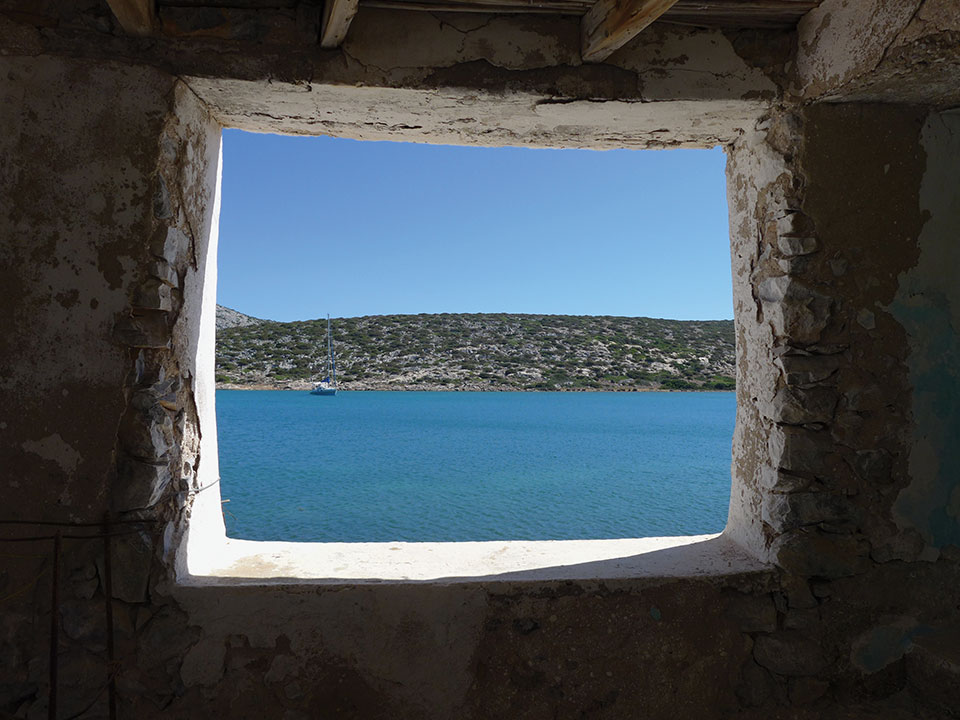
for G. D.
It was much easier to tell why it was called the golden grotto than to get into it. . . . It appears to have been used as a cemetery, for rows of tombs have been found here and marble statuettes. We turned over the thin sandy soil . . . and found quantities of ancient broken bits of pottery.
They arrive here from everywhere
in the middle of the night
carrying their earthenware vessels.
They cross our sleep above the wave
like a coming-of-age celebration.
glaukos and telegandros
eudamos, timaritos, polykarmos
and pythagoras. Navigation names
on side walls
rocks and roofs written in columns
wooden statues. eunomos, kallimachos, aischylos,
amphisthenes, lysikrates, nikagoras.
They arrive here from everywhere
in the middle of the night
marble figurines
carrying their hope in backpacks. Their boats
sink from age
on rocks and caves
lonely youths
children, anonymous and short-sailing.
When we rise
in the morning
they are waiting for us patiently on the beach
with folded arms
earthenware dolls – alan, sena, muhammad,
sahara, jihan, sherin. Around them
fragments of ancient vessels.
In the depths of the golden cave
on the rock
a lonely name appears
in liquid red
clay –
nausis.
Translation from the Greek
By Adam Goldwyn

